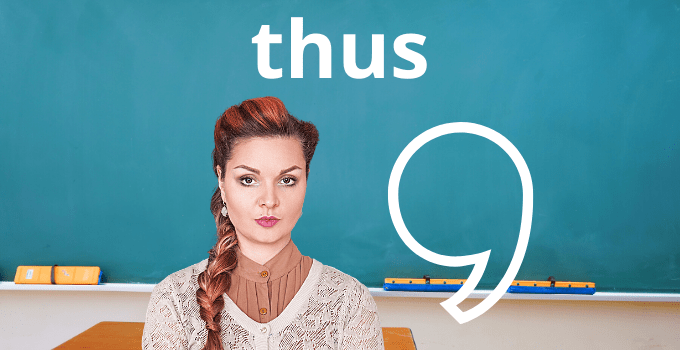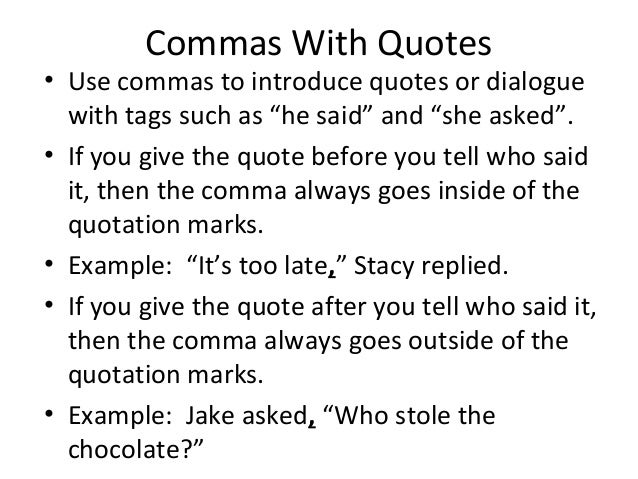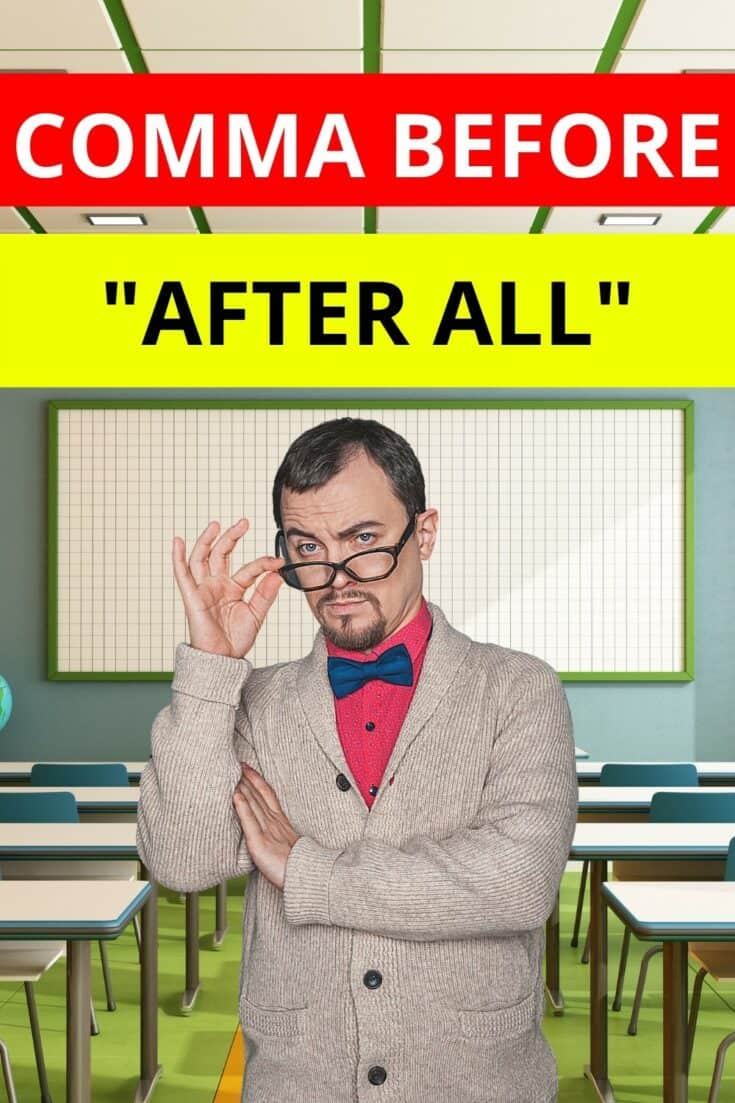Comma with quotes rule and grammar practice 10 16 14
Table of Contents
Table of Contents
Have you ever wondered whether you should place a comma before or after a quote in your writing? This is a common issue that many writers struggle with. The use of commas with quotes can be confusing, and it’s easy to make mistakes. In this article, we’ll explore the rules and guidelines for using commas with quotes, and provide examples to help you better understand.
The Pain Points of Using Commas with Quotes
When you’re writing, using commas with quotes can create some confusion. You might wonder whether you should place a comma before the quote or after it. Additionally, there are different rules for using commas with quotes, depending on the style guide you’re using. This can make it difficult to ensure consistency in your writing.
Answering the Target of Comma Before Or After Quotes
The basic rule for using commas with quotes is that you should place a comma before the quote if the quote is a complete sentence. If the quote is a phrase or a fragment, then the comma should be placed after the quote. For example:
- She said, “I’m going to the store.”
- “It’s raining outside,” she observed.
- “To be or not to be,” he recited.
- He shouted, “Get out of here!”
- “I can’t believe she said that,” he thought.
Main Points of Using Commas with Quotes
Here are a few key takeaways to keep in mind when using commas with quotes:
- If the quote is a complete sentence, place a comma before the quote.
- If the quote is a phrase or a fragment, place the comma after the quote.
- Be consistent in your use of commas with quotes throughout your writing.
- Consult the style guide you are using for specific rules and guidelines.
Personal Experience with Using Commas with Quotes
I learned the importance of using commas with quotes the hard way. When I was in college, I wrote a paper that included several quotes. I wasn’t sure whether I should place the commas before or after the quotes, so I just guessed. When I got my paper back, my professor had marked off points for incorrect comma usage. It was frustrating, but it taught me the importance of being precise in my writing.
 Comma Before or After Quotes in Different Style Guides
Comma Before or After Quotes in Different Style Guides
While the basic rule for using commas with quotes is the same across different style guides, there are some variations to be aware of. For example, in British English, the comma is typically placed outside the quotation marks. In American English, however, the comma is placed inside the quotation marks. It’s important to consult the style guide you are using to ensure that you are following the correct rules for your writing.
 ### Understanding the Use of Commas with Quotes in Journalism
### Understanding the Use of Commas with Quotes in Journalism
In journalism, the rules for using commas with quotes can be slightly different. In news writing, quotes should be used sparingly and only when they are necessary to convey specific information. When quoting someone in a news article, the comma should be placed after the name of the speaker. For example:
According to John Smith, “The meeting was productive.”
When to Use Commas with Nested Quotes
If you’re using nested quotes, which means a quote within a quote, you’ll need to use additional punctuation to make it clear. Typically, the outer quote will use double quotation marks, while the inner quote will use single quotation marks. When using commas with nested quotes, the comma should be placed inside the quotation marks for the innermost quote. For example:
She said, “He told me, ‘I love you,’ which was really sweet.”
Question and Answer about Commas with Quotes
Q: Do I always need to use a comma with a quote?
A: No. If the quote is integrated into the sentence, rather than set apart with quotation marks, you may not need a comma. For example:
She said she was “feeling good” after her run this morning.
Q: Should I use a comma before a quote that begins with “that” or “whether”?
A: No. If the quote begins with “that” or “whether,” you should not use a comma. For example:
She asked whether he was coming to the party.
Q: Should I use a comma with a quote that’s a question?
A: No. If the quote is a question, you should use a question mark instead of a comma. For example:
He asked, “Are you coming to the party?”
Q: Do I need to use a comma with a partial quote?
A: It depends on the context. If the partial quote is a complete sentence, use a comma before the quote. If the partial quote is not a complete sentence, use a comma after the quote.
Conclusion of Comma Before or After Quotes
Using commas with quotes can be confusing, but it’s an important aspect of clear and concise writing. By following the basic rule of placing a comma before a complete sentence quote and after a phrase or fragment quote, you can ensure that your writing is clear and consistent. Remember to consult the style guide you are using for specific rules and guidelines related to commas with quotes. With practice and attention to detail, you can master the use of commas with quotes in your writing.
Gallery
Do You Put A Comma Before A Quote - ShortQuotes.cc

Photo Credit by: bing.com / comma quotation quotations punctuation sentence shortquotes
Comma Before Or After “thus”: The Definitive Guide

Photo Credit by: bing.com / comma definitive linguablog
Comma With Quotes Rule And Grammar Practice 10 16-14

Photo Credit by: bing.com / comma quotes rule commas grammar use dialogue such practice introduce
Comma Before “after All”: The Complete Guide

Photo Credit by: bing.com / comma considered nuances decision highlight
Comma After A Quotation — A Comprehensive Guide

Photo Credit by: bing.com / quotation comma mentioned quoted suggests linguablog





